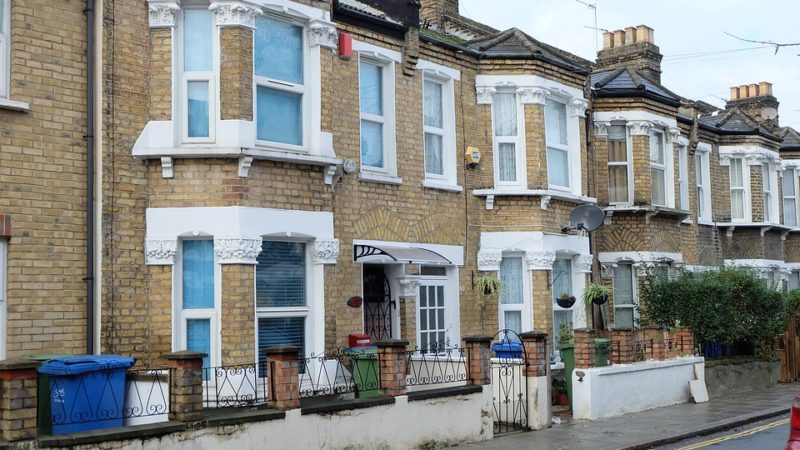
The private rented sector isn’t working for millions of tenants. The sector has grown and the possibility of home ownership has collapsed, so private renting has become the long-term default for huge numbers of people, including 1.5 million families with children.
But too many renters do not feel secure in their own home, often living just one unexpected rent hike away from being forced out and struggling to find a new place to live. If things go wrong and a tenant needs to challenge an unfair rent increase or poor property standards, they run the risk of being served an eviction notice by their landlord.
It’s no surprise that improving things for renters has become a major political issue in recent years – with all the Westminster parties advocating change and vital legislation such as the Fitness for Human Habitation Act and the Tenants Fees Act becoming law. But more needs to be done and discussions about rent controls are understandably generating political debate.
Despite this growing momentum, there hasn’t been enough focus on renters’ reasons for supporting more regulation. Beyond Affordability, a new Fabian Society report, shows that while everyone may like cheaper rent, what really drives public support for rent regulation is the idea of fair and transparent rules for how rent is set, and an end to nasty surprises that drive tenants’ feelings of insecurity. As one tenant told us: “It’s not just about the low rent. It’s about it being a fair rent.”
Renters are pragmatic. Our report indicates private sector tenants want a balanced rent control policy that goes far enough to make a difference, but that isn’t so tough on landlords that they are forced to sell up. When renters in our focus groups considered radical cuts to the cost of rent, their support for rent controls ebbed away – because they felt that their security and happiness depends on a thriving private rented sector.
Tenants’ support for rent control also co-exists with significant scepticism about how it will work in practice. Renters like the idea of rent controls, but are far less sure that politicians will be able to deliver a new system well, so that it makes a noticeable difference without unintended consequences. The renters in our focus groups suggested that a new independent body might be needed to ensure that rent control succeeds. They also want politicians to be clear on the plan for delivery, including steps to mitigate any negative consequences.
The renters we spoke to were clear that rent controls alone won’t fix the challenges facing the private rented sector. They want politicians to be honest about this, and they want to see action on other key issues like the lack of social housing and the high costs of rent deposits.
This study indicates that support for rent controls is strong, with renters seeing controls as a way of improving security, addressing unfairness and helping them plan for the future. There is very little support for today’s unregulated free-for-all and politicians can be confident that a reform agenda will get a fair hearing from voters.
But as politicians design rent control in practice, they must base their plans on the priorities of renters themselves. A system that offers fairness, security and stable rents will command support at the ballot box and give millions of people the comfort and security of an affordable, decent home.




More from LabourList
‘Labour must confront the crisis of first past the post before it’s too late’
Unite to debate affiliation with Labour Party at conference next year
Miliband tops LabourList Cabinet league table, with gender divide in PM approval